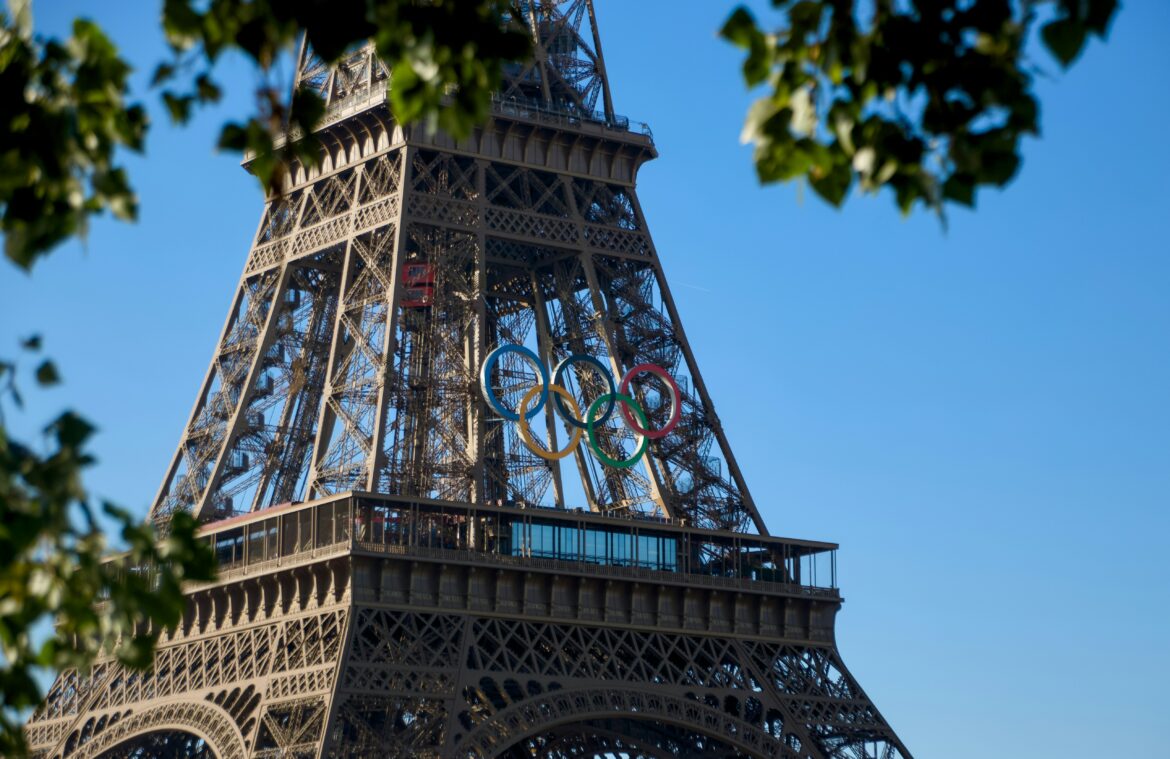When Julien Alfred won the gold medal in the 100m at the Olympic Games in Paris, she took the athletic world by surprise. By winning gold she not only gave her country St Lucia its first Olympic medal in history but also shed light on important prevalent inequalities within the world of sport. After her race Alfred stated “we barely have the right facilities. The stadium is not fixed. I hope this gold medal will help Saint Lucia build a new stadium, to help the sport grow.” As an Olympic champion, Alfred gave her country exposure and a means to develop more athletic facilities. Yet even beyond the material impact, her win also reflects the Olympic Committee’s roadmap to create positive change in society through sports in all aspects: environment, health, inclusion and more. The Olympic Games Sport competition is one of the most prestigious athletic competitions in the world and a chance to push harder for the realization of sustainable development goals.
At the highest places in the medal ranking boards we often see the same countries: the US, China, Great Britain, Japan and Australia. The reason behind this might have a lot to do with the size of the population and economy of these countries. According to David Forrest, an economist at the University of Liverpool who researches Olympic predictions, “It’s still loud and clear from the patterns that what matters is population, level of income, and political system.” This theory correlates with some of the early results from the 2024 Olympics. The US ranks second on the medal board and has the biggest delegation, counting 592 athletes. Historically, Team USA has dominated the Summer Olympics, entering Paris in 2024 with 1,070 gold medals and 2,667 medals overall. While countries like Belize, Liechtenstein, Nauru and Somalia count 1 athlete and have not yet scored a medal. However, greater national representation is being found in athletics. This year alone, Olympic medalists came from approximately 43 out of 203 national Olympic committees (NOCs) present, and several Olympic medalists this year won their country’s first-ever Olympic medal.
The Paris Olympics has made major commitments towards sport and development that stretch beyond the confines of the competition. Paris is the first Olympics to host the Sustainable Development (#Sport4SD) Summit before the Games. The idea behind this Summit is to gather heads of state, heads of international organizations, athletes and other civilian actors together and make tangible commitments to help address some of the 17 Sustainable Development Goals. These goals affect not only sport at its highest level but the every-day lives of ordinary people around the world. During the ceremony, Anne Laure Bonnet, sports journalist and host highlighted “Sport is an accelerator for sustainable development. Especially in terms of education, health, equality and inclusion.” In this way the Olympics is trying to become a force for good, inspiring meaningful change, demonstrating that all is intersected in society and that sport is a way to transform society.
Previous Olympics have often missed the mark on development in terms of the environment, such as the Rio 2012 and London 2016 summer Olympics which both had heavy carbon footprints. With an average of 3.5 million tonnes of CO2 for the modern Olympic Games, sustainable development has become a priority for event organizers today. As a result, these goals have been accompanied by significant commitments to make the games greener and more sustainable. For instance, the host country of the 2024 Olympic Games aimed to reduce its total carbon emission by emitting only half of the London and Rio Games’ total emission and use 95% of existing infrastructures for its events. These Games also saw the emergence of commitments made towards social change; such as the International Olympic Committee (IOC) commitment to increase its budget towards Olympic Solidarity by 10% (to 650 million USD for 2025-2028) in support of athletes and sports development programs around the globe. These commitments also reflect the ambition to build long term mobilization carried throughout other Olympics. Casey Wasserman, the Chairperson for the Los Angeles 2028 (LA28) Olympic Games, has committed 160 million USD to subsidize and expand youth sport at Los Angeles parks leading up to 2028l. This mobilization concerns a large number of actors, both smaller NGOs and larger organizations, the effects of which can be seen at different scales. For instance, the International Federation of Association Football (FIFA) plans to install 1,000 sustainable football pitches in schools to support the 2030 Sustainable Development Goals. Similarly, the National Basketball Association (NBA) plans to build 1,000 basketball courts in Africa over the next decade. Through these efforts, these leagues hope to create more opportunities and spaces for young people to engage in physical activity that has the transformative power to improve physical and mental health, and increase socio-economic development.
The 2024 Summer Olympic games proves once again that the power of sports transcend mere competition, proving to be an opportunity to make greater positive changes through unity and international cooperation.
Edited by Aimee Wang
Victoire Thierry is entering her third year at McGill university studying International Development and Political Science. She is a first-time writer and her interest include sustainability, migration and international relations.

